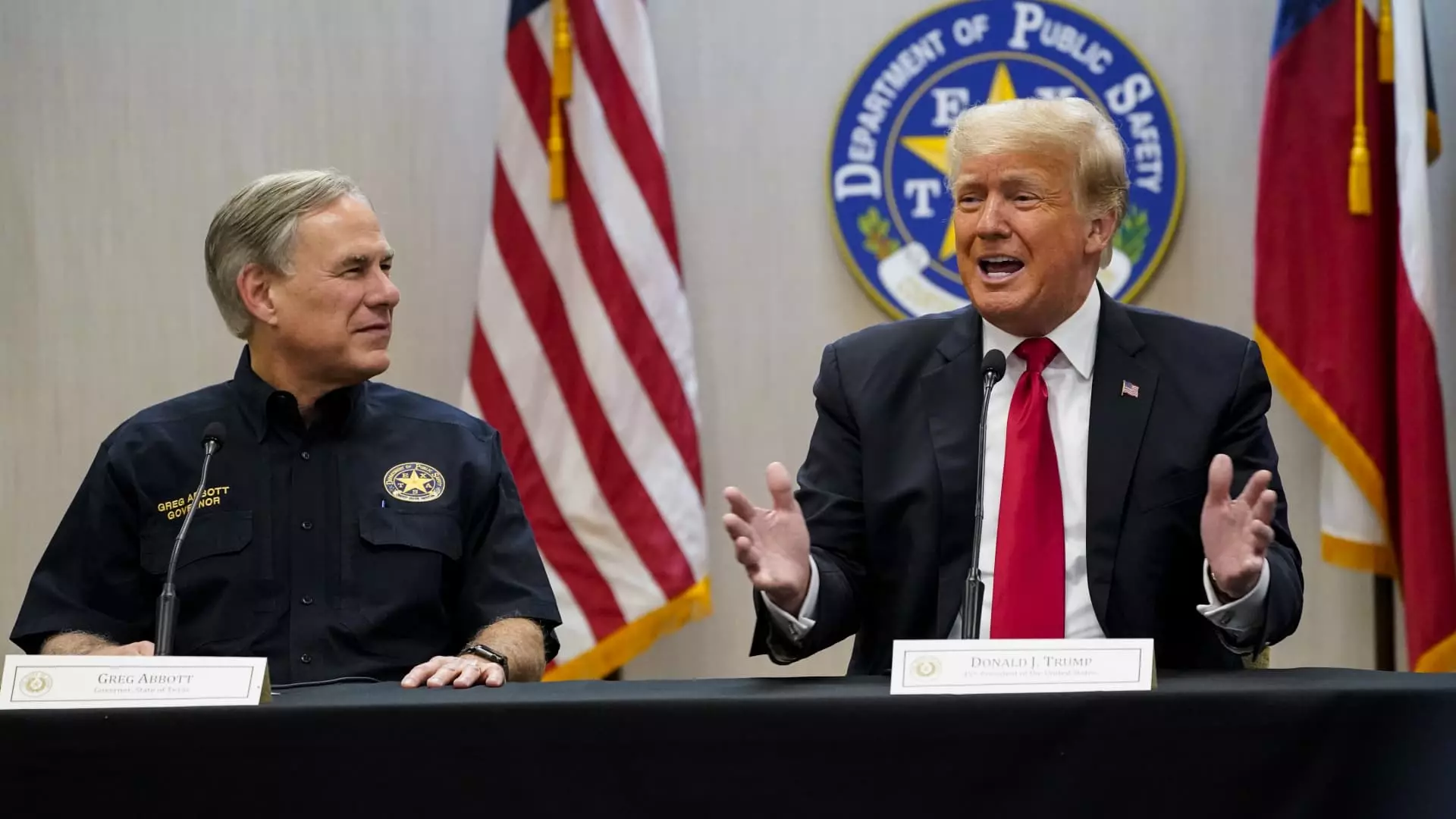The Republican Party of Texas (RPT) is experiencing a significant shift in its relationship with corporate America as it embraces an anti-corporate, anti-elite populist agenda. This change was made evident during the recent Texas Republican Convention, where the absence of major corporate sponsors like Verizon, Comcast, Pepsi, and Chevron was noticeable. The party, under the leadership of Abraham George, seems to be moving away from its traditional reliance on corporate fundraising.
Veteran Republican consultant Matt Mackowiak highlighted the almost nonexistent corporate fundraising within the party, expressing a need for the RPT to re-engage with corporations. Texas businessman Griffin Perry echoed this sentiment, emphasizing the importance of the party working collaboratively with corporations. However, the leadership team that was replaced on Friday was criticized for disregarding the need for corporate support.
Party’s Stance on Corporate Support
James Wesolek, the communications director for the RPT, defended the party’s decision to distance itself from traditional corporate sponsors, stating that the Republican Party is focused on representing hard-working Americans and not bowing down to ‘woke’ corporations. The sponsorship list for the recent convention consisted mainly of political action committees and campaigns, with only a few publicly traded companies like Altria and CenterPoint Energy on board.
Not only has the Texas GOP state convention seen a decrease in corporate sponsorships, but corporate donations to the party’s general fundraising account have also hit their lowest levels in at least a decade. Companies like Google and BNSF Railway, which were once regular supporters, have significantly reduced or completely halted their contributions. The party’s shift towards more conservative policies and anti-corporate rhetoric appears to have alienated some of its one-time corporate sponsors.
The censuring of Republican office holders like Texas House Speaker Dade Phelan and U.S. Rep. Tony Gonzalez by the state party has further strained its relationship with corporate supporters. Phelan and Gonzalez faced repercussions for their actions, with both now facing runoffs in their Republican primary elections. The party’s increasingly conservative stance on issues like abortion, gender-affirming medical care, and fossil fuel investments has also contributed to the growing divide between the Texas GOP and its corporate donors.
Overall, the Texas Republican Party’s decision to distance itself from corporate support and align more closely with anti-corporate, populist ideals has had a noticeable impact on its fundraising efforts and relationships with traditional sponsors. As the party continues to navigate this changing landscape, it remains to be seen how it will adapt to the evolving dynamics between politics and corporate interests.



Leave a Reply